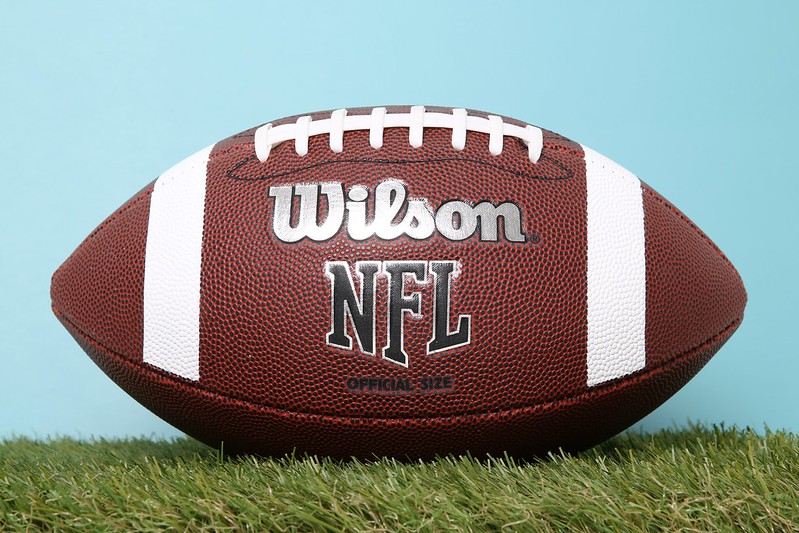Explainer: What is the NFL Salary Cap, and how does it work?
March 25, 2021
The NFL (National Football League) has been buzzing lately with numerous contact extensions, trade acquisitions, and contract restructurings. In fact, on Wednesday March 10th, NFL commissioner Roger Goodell announced that the salary cap for the 2021 football season would be $182.5 million. This amount is a significant decrease from prior years, and this dramatic drop is largely due to the pandemic.
What is the salary cap though, and why is the $182.5 million limit posing problems for teams?
The salary cap is essentially an agreement between the league and players that places a limit on the amount of money a team can spend on salaries for players. Bleacher Report explains that the NFL uses a hard cap, meaning that no team is allowed to exceed the cap limit for any reason.
The difference between a hard salary cap and a soft salary cap is quite simple. In a hard salary cap teams cannot exceed the limit imposed by the league, but a soft salary cap has more freedom. A soft salary cap allows teams to exceed the limit set in place by the league, but should a team go over the limit a luxury tax is implemented. A luxury tax is a tax on every dollar spent over the luxury tax cap.
The cap was introduced to the NFL back in 1994, with the cap set at $34.6 million. This number is determined each year and adjusted based on the revenue of the league.
According to the University of Kansas, unlike the soft cap of the NBA, salary caps in the NFL and NHL are “hard caps,” so teams cannot spend above the cap for any reason. Major League Baseball is the only league of the four major professional sport leagues in the United States that does not have a salary cap. Instead, MLB teams pay a luxury tax penalty for spending over a certain limit.
For the NFL, this means that they have to sign all of the players they want—from superstars like Patrick Mahomes and Aaron Rogers, to roleplayers who see the field only a few times a game—and stay under the cap.
This can force teams into hard decisions where they might have to release, cut, or even trade veteran players who have contracts that are too expensive for the team to keep. The Philadelphia Eagles traded Carson Wentz and his $100 million contract to free up “cap space” so they could sign younger players.
So the cap is there to keep costs in check, help small market teams survive and keep the games fans love healthy for years to come.








